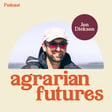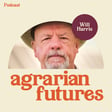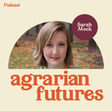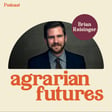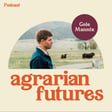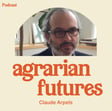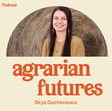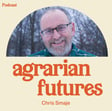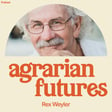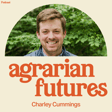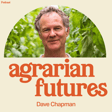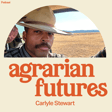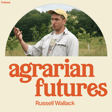
Can You Put a Value on Healthy Soil? With Cole Allen
When it comes to building a robust regenerative agriculture movement, it takes more than just farmers. Cole Allen of Grass Fed Valley is pitching in in his own way by leveraging years of experience in the financial world to help regenerative farmers solve their most pressing business challenges.
We discussed the importance of local context and farming knowledge when advising clients, and dig into what it would take for the financial system at large to begin to properly value the ecological benefits provided by regenerative farming practices.
In this episode, we cover:
- How health challenges and a cross country odyssey inspired Cole to quit his job in finance and start working in regenerative agriculture
- The importance of the local context of each farmer when making business decisions
- The challenger of valuing the ecological benefits of regenerative agriculture in our current financial system
- The emergence of new kinds of funders who are prioritizing ecological health
- Why their services encompass much more than just fundraising
- The opportunity to reconnect people with the land and how that can shift perspectives
- And much more...
More about Cole:
Cole Allen is a generalist working across the fields of finance, business development/strategy, real estate, health and nutrition, hospitality, entrepreneurship and regenerative agriculture. He founded Grass Fed Valley (GFV), a company serving Farmers focused on regenerative practices and impact through various business, financial, and marketing/branding services. Cole spent four years traveling the US meeting, connecting, and learning from these Stewards of our Soil. The company’s mission is to "Inspire our children to be Farmers and reignite our passion for the living world". Prior to GFV he worked as a business development/strategy manager at a Fortune 500 real estate company and at an investment bank as an equity research associate. He graduated from the University of Virginia with concentrations in Finance and Accounting, is a current CFA charter holder and certified Nutritional Therapy Practitioner.
Agrarian Futures is produced by Alexandre Miller, who also wrote our theme song.
